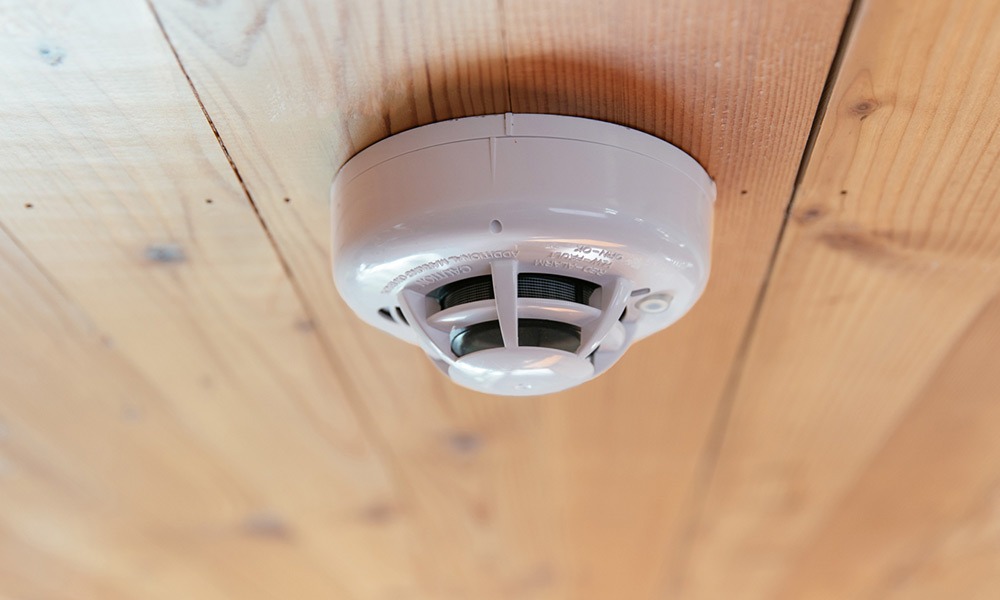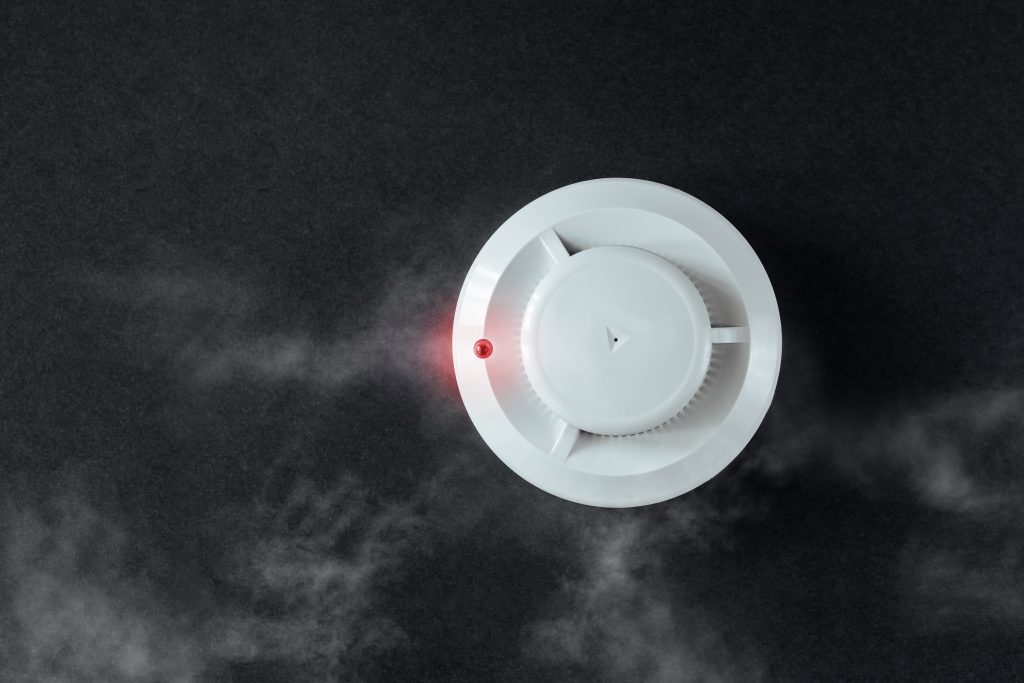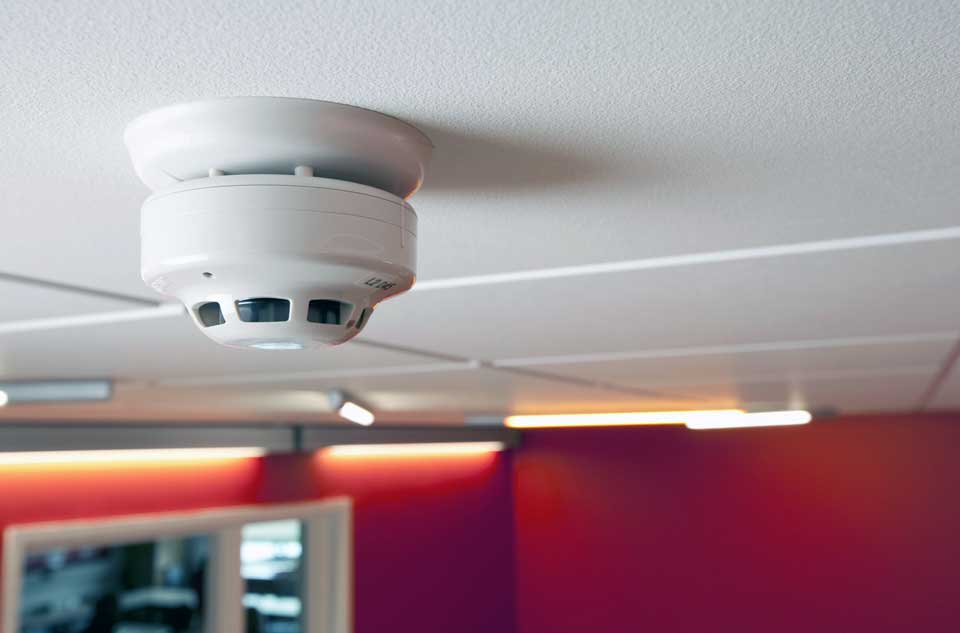Landlords
Landlords
From 1 January 2017
Landlords are responsible for installing smoke alarms that comply with the new Smoke Alarm regulations that went into effect on January 1, 2017. Existing smoke alarms were made more than ten years ago, and any smoke alarms that fail to function when tested must be replaced with photoelectric smoke alarms that meet Australian Standard 3786-2014.

Landlords and renters
The landlord must test and clean each smoke alarm in the residence within 30 days after the start of a tenancy in a residential property. During a domestic lease, the tenant must test and clean each smoke alarm in the home at least once every 12 months.
Press the test’ button to put a smoke alarm to the test. Cleaning should be done as the manufacturer directs, usually vacuuming. You do not need to be qualified or licensed to clean or test a residential smoke alarm.
Some real estate agencies may outsource smoke alarm maintenance to another company, with the landlord paying the associated fees. As proof of service, the real estate may request a “certificate of compliance” from these companies. This is not a legal necessity but could be part of the real estate agent’s internal procedure.
What's required by law?
When it's time to upgrade your property's alarms, those alarms must:
- Be photoelectric and comply with Australian Standard 3786-2014
- Not also contain an ionization sensor; and
- Be less than ten years old; and
- Operate when tested; and
- Be interconnected with every other 'required' smoke alarm in the house so all work together in the event of an emergency.
Any current smoke alarm replaced after January 1, 2017, must be a photoelectric alarm that meets Australian Standard 3786-2014.
If a hardwired smoke alarm connected to the domestic power supply needs to be changed, it must be replaced with a hardwired photoelectric smoke alarm. It is also allowed to have a combination of smoke alarms (240v and battery operated) in existing household dwellings, and interconnectivity can be both wired and wireless.
Avoiding nuisance alarms
Because every home is unique, you must understand your requirements. Install smoke alarms away from windows, doors, fans, and air conditioners. Excessive air movement can prevent smoke and gases from reaching the smoke alarm and produce nuisance alerts.
Accidental alerts can be annoying and even dangerous if homeowners remove the alarm batteries or turn off an interconnected system to mute the alarm for this reason. Alarms can be avoided by not installing them in or near kitchens, where cooking smoke might set them off, or in or near restrooms, where steam often generates unintended alarms. Avoid insect-infested locations as well, as insects can set off an alert.


Brisbane Smoke Alarm
We at Brisbane Smoke Alarm ensure your house is compliant and has the stamp of compliance approval to lease your home to Queensland families at competitive prices safely. We can also keep these smoke alarm safety regulations up to date so you never have to worry about fire safety on your property again.
